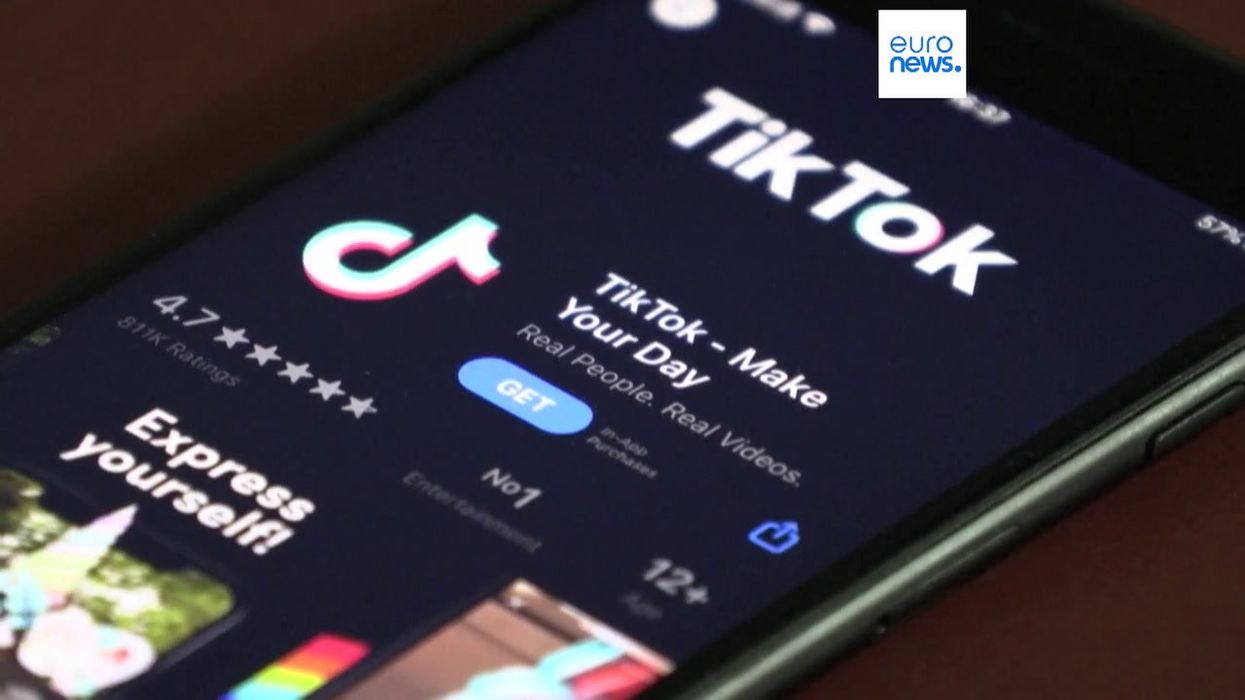Science & Tech
Ellie Abraham
Sep 26, 2023
TikTok sets 60-minute screen time limit for users under 18 - and …
Euronews Business / VideoElephant
Blue light emitted from the screens of phones, tablets and televisions could have an alarming health impact on children, a study has found.
Nowadays, kids are raised with devices all around them, with many having a phone or tablet to keep them entertained from a young age.
However, researchers in Turkey have discovered that exposure to the blue light emitted by these electronics could induce early puberty.
Teams from the Gazi University and Bilkent City Hospital in Ankara revealed how they saw the effect in male rats, which could suggest a link between device screens and premature adolescence.
Their findings were presented at the 61st Annual European Society for Paediatric Endocrinology Meeting in The Hague and published in the Frontiers in Endocrinology journal.
The study emulates the same findings that were observed in female rats, where early puberty was seen.
Lead researcher Dr. Aylin Kılınç Uğurlu, of Bikent City Hospital, said: “For the first time, we found a direct relationship between blue light exposure and early puberty in male rats.”
They continued: “Our findings align with our previous work on female rats, which also showed similar effects, thereby providing a more comprehensive view of how blue light may influence puberty in both male and female rats.”
As part of the study, 18 male rats, all 21 days old, were split into three groups. Two of the groups were assigned either six or 12 hours of blue light exposure per day. The last group was a control and was not exposed to any blue light from screens.
Results showed that the rats with exposure to blue light experienced signs of puberty “significantly earlier” compared with the control group.
Uğurlu noted in a news report: “I want to emphasise that this is a rat study and direct results cannot be interpreted for humans.
“However, we provide an experimental foundation to further investigate the health consequences of ever-increasing screen time in modern society.”
Researchers hope to continue their study on the effects of blue light on rats to “understand its long-term effects on reproductive organ damage and fertility”.
Uğurlu continued: “Ultimately, this research could lead to preventative measures and contribute to the ongoing discourse on how modern lifestyles affect physiological development and long-term health.”
Sign up to our free Indy100 weekly newsletter
Have your say in our news democracy. Click the upvote icon at the top of the page to help raise this article through the indy100 rankings.
Top 100
The Conversation (0)














